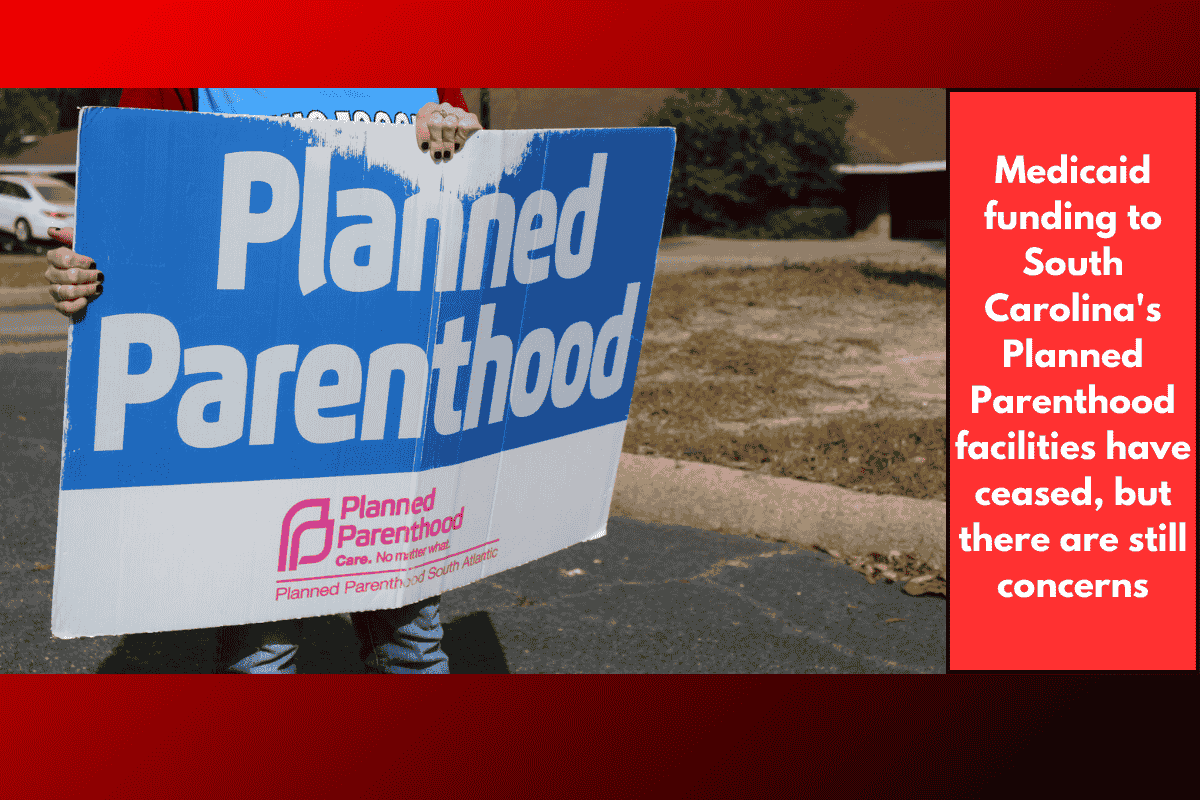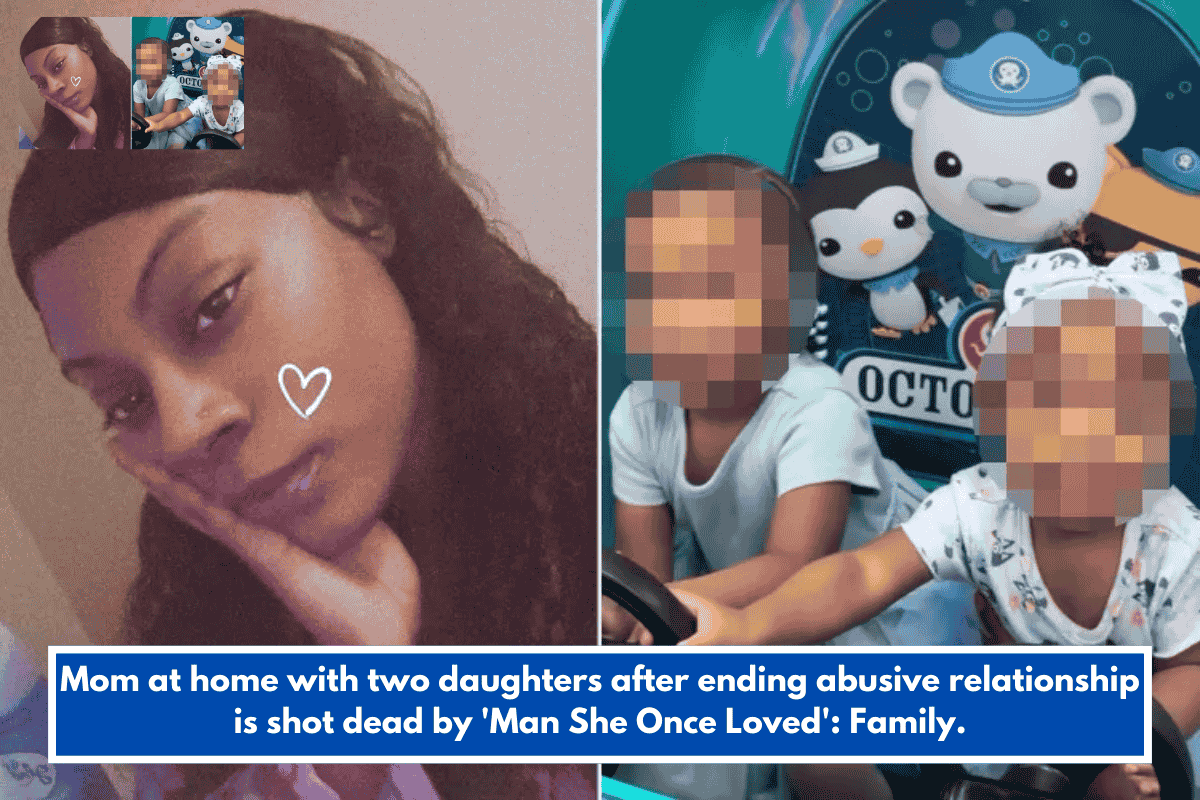South Carolina’s two Planned Parenthood clinics have been barred from accepting Medicaid health insurance for non-abortion healthcare services, effective Monday. This comes after a provision in a Republican-backed law, which had been temporarily suspended by a federal judge in other states, was enforced in South Carolina.
Impact of the Federal Injunction and Legal Uncertainty
The provision preventing Medicaid reimbursements to Planned Parenthood for one year was triggered by a ruling from a federal judge that only partially suspended the law elsewhere, leaving South Carolina unaffected. Meanwhile, another lawsuit over a separate issue leaves uncertainty regarding whether Planned Parenthood can receive reimbursements for services provided to approximately 1,000 Medicaid patients in the state.
Last month, a ruling by the U.S. Supreme Court allowed South Carolina to remove Planned Parenthood from its list of approved Medicaid providers. This decision could potentially resolve a case that has been ongoing for seven years. However, the ruling has yet to take effect, as the high court must send its decision back to a lower court for further action.
The Repercussions for Planned Parenthood Clinics
Despite the potential outcome of the Supreme Court case, Planned Parenthood’s clinics in Columbia and Charleston have continued to provide Medicaid-covered services, including cancer screenings, contraceptives, and treatment for sexually transmitted infections. However, the clinics have not requested reimbursement from the state’s Medicaid agency, as they are concerned that any retroactive effect of Gov. Henry McMaster’s 2018 executive order would require them to repay those funds.
Trump’s Law and the Immediate Effect on Medicaid Reimbursements
A separate legal development from the ruling on a federal tax-and-spending law signed by President Donald Trump on July 4 had an immediate impact. It blocked Planned Parenthood from accepting Medicaid for non-abortion services unless the clinic either does not provide abortions or is part of a regional organization receiving less than $800,000 in Medicaid funding in 2023. South Carolina’s Planned Parenthood clinics, which continue to provide abortions in accordance with the state’s 2023 law, do not meet either of these exceptions, resulting in the immediate cessation of Medicaid reimbursements.
Ongoing Legal Battles
Planned Parenthood’s legal team is actively challenging both the federal law’s one-year Medicaid ban and the state’s executive order. Attorney Susanna Birdsong explained that while different courts and laws are involved, the outcome remains the same: because the clinics provide abortions, they are prohibited from billing Medicaid for other healthcare services they offer.
Medicaid does not cover abortions in South Carolina, except in cases of rape, incest, or when necessary to save a patient’s life. Despite the current restrictions, abortions remain legal up to six weeks of pregnancy, as upheld by the state Supreme Court’s ruling in May.
What Does This Mean for South Carolina Clinics and Patients?
Despite the loss of Medicaid funding, Planned Parenthood’s clinics are not expected to close. The clinics have operated with relatively low Medicaid reimbursements due to the state not expanding Medicaid eligibility under the 2010 Affordable Care Act. The bigger concern now is how Medicaid patients will access care, as not all doctors accept Medicaid, and those who do may have long wait times.
Vicki Ringer, a longtime lobbyist for Planned Parenthood in South Carolina, emphasized that while Medicaid patients can no longer use their government-provided insurance for services at Planned Parenthood, they can still access care through the organization’s income-based payment system, offering affordable treatments.
Looking Ahead: The Legal Fight Continues
Planned Parenthood’s leadership has vowed to continue serving patients and fighting the governor’s decision in court. Legal challenges to the executive order remain, with further arguments expected in the coming months.
The U.S. Supreme Court’s ruling that patients do not have the right to sue to see their preferred provider has complicated matters. However, Birdsong noted that the decision does not close off all possible ways to challenge the executive order, and Planned Parenthood will explore other legal avenues.














